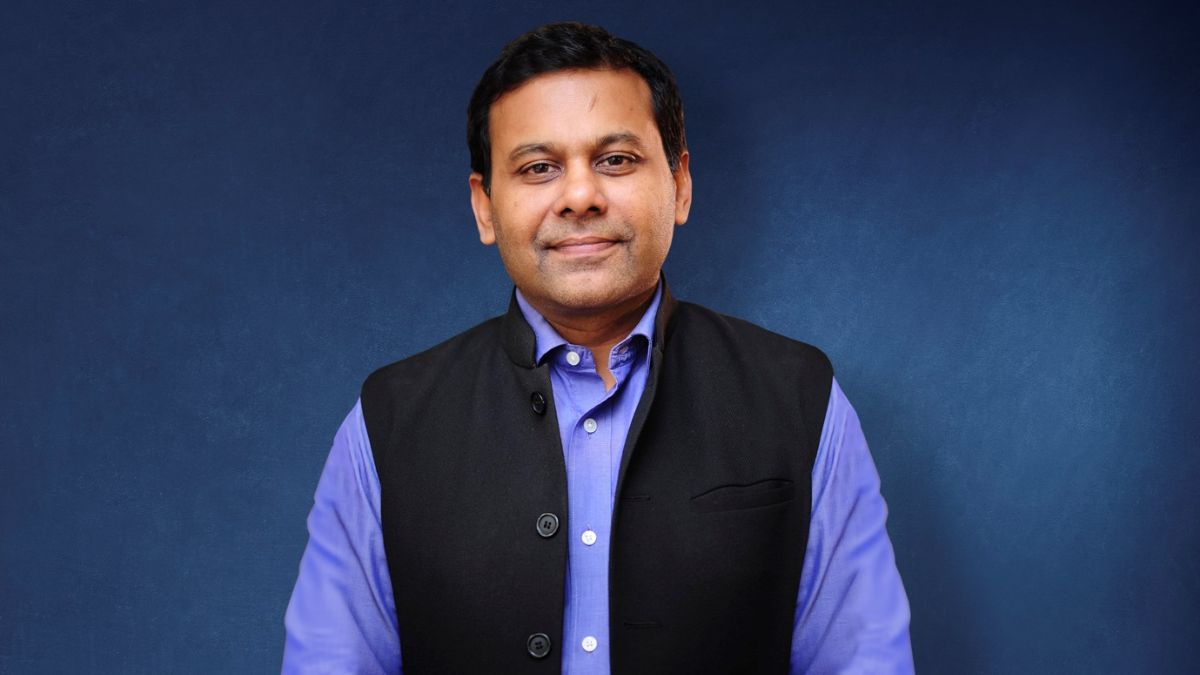Vineet Gupta Ashoka founder analyses South Asia’s expanding education influence
Singapore Management University Chairman and DBS Bank CEO Piyush Gupta believes that a significant fraction of the world's population and economic expansion may be found in South Asia.

Advertisement
New Delhi : South Asia’s fast technical development and increased connectivity have made it a major player in the international education market. South Asia, home to 25% of the world’s population, is teeming with ambitious young people. The Asian-Pacific area is home to 42 million college students, with 34 million of them located in India alone.
In a recent interview, Vineet Gupta, Ashoka University’s founder praised the area for its remarkable progress in recent years. “The region’s transformation from an ancient centre of learning to a cutting-edge centre of higher education has not only improved the quality of life for its people but also put it on the academic map of the globe. The progress that South Asia has made to become a global educational powerhouse is nothing short of astonishing. Vineet Gupta says, “We have created a culture where there are no limits to learning by prioritising diversity and encouraging creative problem solving.”
A more open and encompassing method of education:
A focus on cultural enrichment and variety has been essential in South Asia’s emergence in the international education industry. The region’s diversity in language, culture, and history has become an invaluable asset in the academic world. The opportunity to participate in an all-encompassing educational experience that readies participants for the international stage is made possible. This openness has drawn students from other countries, promoted cross-cultural understanding, and helped to prepare future agents of change.
Singapore Management University Chairman and DBS Bank CEO Piyush Gupta believes that a significant fraction of the world’s population and economic expansion may be found in South Asia. He argues that schools of higher education should do more than merely adapt to changing economic conditions. “Universities should concentrate on producing leaders and peacemakers who can actively shape the world on a grander scale and leave a more significant imprint,”
More than 50,000 schools of higher learning in the area provide a broad variety of courses and programmes. There are both more rigid on-campus choices and more flexible online courses available. Higher education has benefited greatly from the corporate sector’s increased involvement and the resulting influx of financial resources. A prime example is Ashoka University in India, which boasts a student body of over 2,400 people from more than 243 cities in India and 27 other countries. Students in these programmes get an excellent education in a variety of fields, with an emphasis on research and hands-on learning. They will be well-prepared to make an immediate and lasting influence in their chosen fields thanks to this all-encompassing education.
Scientific inquiry and technological advancement:
Education in South Asia has been democratised in large part due to technological advancements. With the use of the internet and digital tools, we are able to educate people all over the world, even in the most inaccessible areas. By introducing several e-learning options, including Massive Open Online Courses (MOOCs), the area is making great strides forward. Because of this growth, students now have more options and easier access to higher education than ever before. In the same way that mobile use in the area has risen rapidly (from 41% in 2021 to more than 50% by 2025), so too has online education.
The rise of South Asia as an academic powerhouse is paralleled in the region’s investment in scientific discovery. Universities in the area have made substantial investments in research infrastructure, creating a hospitable setting for ground-breaking discoveries. As a result, South Asia is now home to some of the world’s most cutting-edge researchers and innovators in a wide range of fields. Although much has been accomplished, there is still much more to do. Vice Chairman of ICARE Dr. Karthick Sridhar notes, “As the National Education Policy (NEP 2020) indicates, a successful higher education structure may be attained via a three-tier system, including a research university consortium. India’s educational institutions may improve their standing in international rankings by emphasising their research achievements and contributions.
Cooperation between universities and businesses:
South Asia’s educational revolution is built on partnerships between universities and businesses. Educators may foster graduates who are well-versed and prepared to contribute to the workforce immediately upon graduation by incorporating real-world applications into course material. The proliferation of international alliances is a testimony to the world’s rising appreciation for South Asian academic excellence.
The need of improving education at all levels in order to equip students with marketable skills relevant to today’s labour market cannot be overstated. Providing the next generation of South Asian workers with the tools they need to compete in the global economy is crucial, since the region is expected to add 1–1.2 million new workers every month over the next two decades.
“South Asian institutions are increasingly promoting academic exchanges and joint research ventures,” Vineet Gupta of Ashoka University explains. “With MoU agreements and collaborations across boundaries, the international recognition is necessary to acquire the high standards of education and research that we have established and planning to do more.”
South Asia faces opportunities and challenges as it continues its upward trajectory in the global education sector. While the achievements are commendable, there is a need to remain vigilant in upholding the integrity of the educational systems. The rising prominence of South Asia in the global education sector is a remarkable journey that reflects the region’s commitment to excellence, inclusivity, and innovation.
AGS: Vineet Gupta Ashoka University,Vineet Gupta,education,career,Ashoka University Founder
Advertisement

